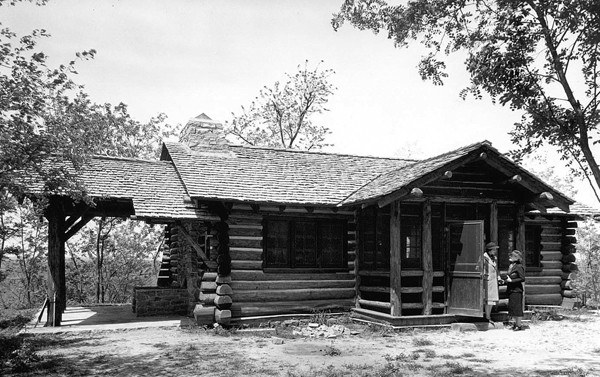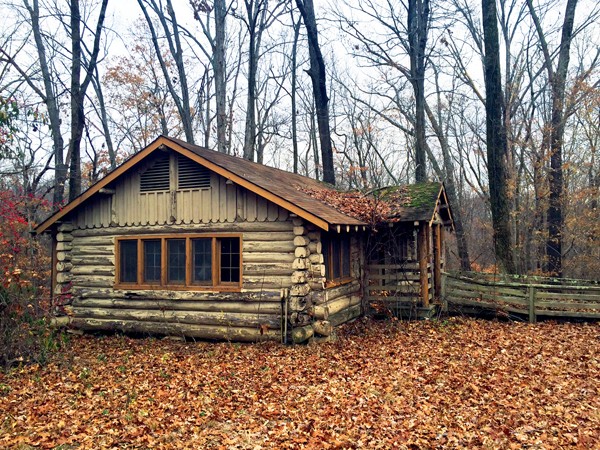Forbes did its first ranking of our country’s richest people in 1981. The top of the list was a shipping magnate named Daniel L. Ludwig with a fortune of more than $2 billion.
I discovered that fact in a thought-provoking New York Times article by Willy Staley about the impact our current crop of multi-billionaires is having on our society.
Adjusted for inflation, that $2 billion would be around $5.8 billion in today’s dollars. That sum made Ludwig the richest man in the United States. Today $5.8 billion would put someone in a seven-way tie for number 182 on the list.
Most people know someone they consider rich. Maybe it is someone with a business they’ll sell for several million dollars when they get ready to retire. Or a professional athlete who makes millions a year. When people talk about “the rich” in terms of the wealth-hoarding oligarchs who control industries and media companies and buy politicians, this isn’t who we’re talking about.
We live in an oligarchy. Most Americans would agree with that fact, and agree it is a problem. From the left to the QAnon folks who believe the world is ruled by ultra-wealthy, demon-worshiping pedophile cannibals yet also insist the rich should have lower taxes and less regulation of their business dealings.
Historically, we’ve generally avoided using the word “oligarch” to describe America’s ultra-rich. That changed as the war in Ukraine caused condemnation of Russian oligarchs, and people noticed how men here like Jeff Bezos, Charles Koch, Elon Musk, Rupert Murdoch, and Peter Thiel perfectly fit the definition as well.
They didn’t become oligarchs through hard work. No one does. They needed a lot of family wealth and connections before they ever worked a day in their lives. A large pile of money easily turns into a larger pile of money. Our tax laws have been rewritten over the past 40 years to help bigger and bigger piles of money shift to be possessed by an increasingly small number of people.
Any attempt to rein in our billionaires gets denounced as socialism, but we have had capitalism with much higher taxation of the ultra-rich. That is how we created a large middle-class in this country, which didn’t exist before the New Deal and has been steadily losing ground since the early ’80s when the Forbes list was topped by a guy with $2 billion.
The beauty of a high tax rate for top earners was that it didn’t even require government to redistribute wealth. Anything you make over your first $500,000 in annual income will be taxed at 90 percent? Might as well spend those additional profits on hiring more people and giving them more pay and better benefits and working conditions. If inflation means there is too much money chasing too few goods, worry about the people who have more money than they know what to do with, not the people who are struggling.
I don’t envy our oligarchs. They don’t seem to be leading happy lives. When I think of people who seem genuinely happy, to me, they are people who seem grateful they have enough, not people who always want more. We’ve created a society where most people feel like they need more, whether they have nothing or everything. The result has been skyrocketing rates of depression, suicide, addiction, and overdoses.
Oligarchs are natural enemies of democracy. A clear majority of Americans want things like universal health insurance. Our ruling class doesn’t want that, and has made sure we don’t get it. Universal health insurance allows normal people to leave big companies to start their own businesses.
Unfortunately the elite have mastered the reverse psychology of telling people, “Here is what the elite don’t want you to think …” They control both sides of the argument. They tell people “the elite” are teachers, professors, beat journalists, and scientists. They get to frame corporate media like CNN as “the left” and the far-right as the alternative. They love giving money to centrist Democrats. They can always count on them to advance right-wing economics when Democrats are in power, while giving Republicans a chance to say, “Look what the radical socialists are doing to you.”
Our oligarchs don’t want young people learning about the amount of racism embedded in our society since our country’s founding. Racism was and still is a valuable tool for keeping poor white workers in their place. The Old South was a terrible place for white workers. But racism was so effective that impoverished white Southerners got duped into dying for plantation owners in the Civil War. Men who never owned an inch of land were willing to waste their lives to protect the fortunes of aristocrats who looked down on them. So don’t be surprised that someone buried in debt today will take five minutes to dash out a tweet in defense of whichever billionaire is currently masquerading as their champion against the elite.
Craig David Meek is a Memphis writer, barbecue connoisseur, and the author of Memphis Barbecue: A Succulent History of Smoke, Sauce & Soul.

 Tennessee State Archives/Bianca Phillips
Tennessee State Archives/Bianca Phillips 